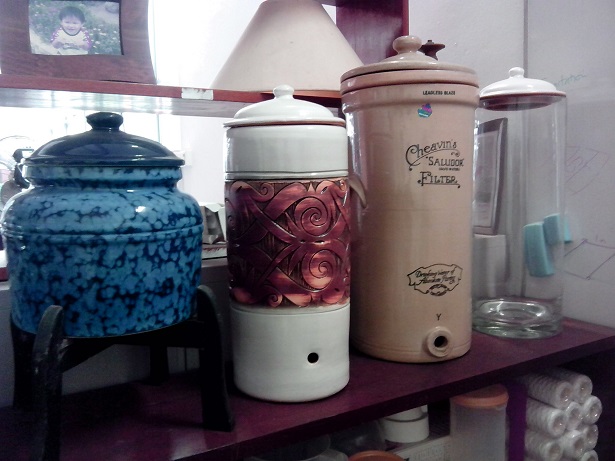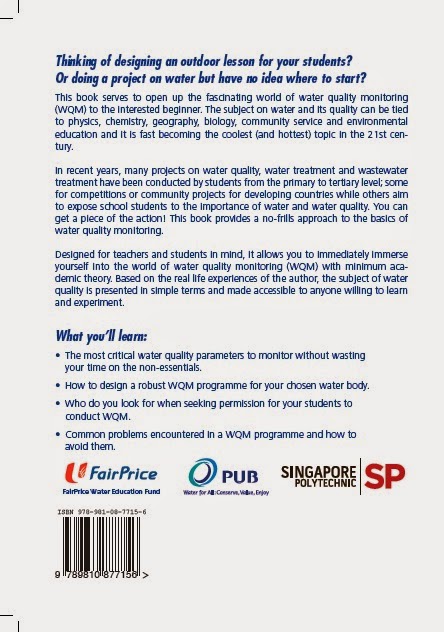Just saw the poster below even though my colleagues have mentioned to me that they are involved in the competition. More details are found on PUB's webpage here. If you are considering to participate, the deadline is 18 Sep 2010.
Apparently, there is this push into membrane technology as the solution to getting clean water. Membrane technology is certainly cheaper and more energy efficient compared to traditional distillation. Theoretically, it can remove almost any impurity (salt, organic compound) in water. A membrane is basically a filter with very tiny pores. Depending on the specifications, some are small enough to block off microbes while others can block off even dissolved ions like sodium and chloride, allowing only water molecules to pass through. Seawater and heavily contaminated water can be made into potable water.
Naturally, pushing water through such tiny pores requires lots of pressure (and energy) so using membrane to purify water (e.g. reverse osmosis) is by no means cheap but prices seem to be dropping all the time.
Other challenges. Membrane fouling is a major problem. After some time, contaminants accumlate on the surface of the membrane till it can no longer function efficiently. It is time to either clean the membrane or replace it entirely. To prolong the operating life of a membrane, it is essential to have good pretreatment. In other words, you need to have many steps before the actual membrane itself to filter off increasingly smaller contaminants. Imagine having several filters of decreasing mesh size so that the final filter will not be stressed by a big load of contaminants.
Of course, this sort of setup comes with controls and maintenance operated by skilled personnel. Though there are now remote control interfaces, allowing a treatment unit in say, Africa to be controlled by a technician in America, you still need boots on the ground to attend to certain maintenance tasks. Therefore, this technology is still not so useful for rural areas without the presence of skilled personnel. Very often, even with skilled personnel present, the local population may not be able to operate the treatment unit once these personnel leave.
But for Singapore, sure, no problem. Membrane technology is the way to go!
You are now unsubscribed
-
CLS
We have removed your email address from our list.
We're sorry to see you go.
Was this a mistake? Did you forward one of our emails to a friend, and...
4 years ago






No comments:
Post a Comment